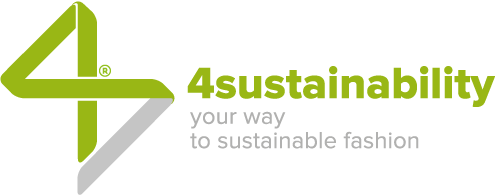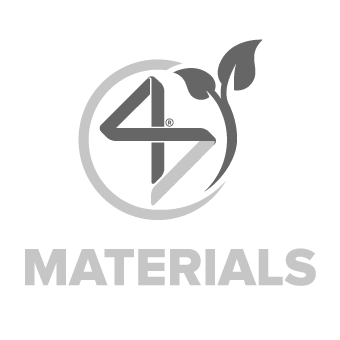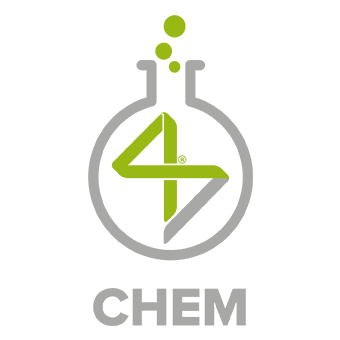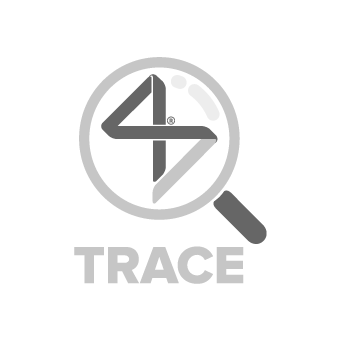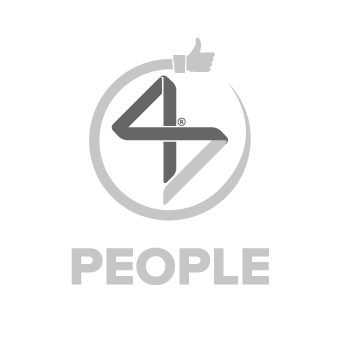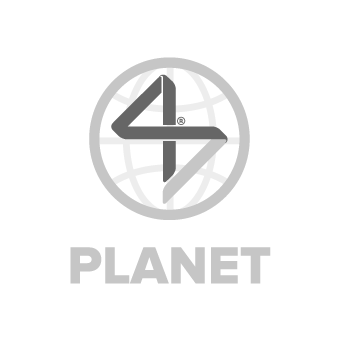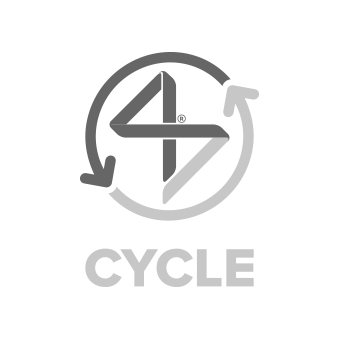
Iride SrlID Nr. 4S-100396e-report version 3.0
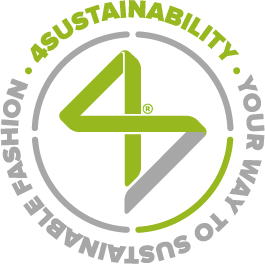
Iride s.r.l. was born in 2013 thanks to entrepreneurs interested in continuing the previous activity. It is managed by Adolfo Marchetti who is assisted by a young, dynamic and highly motivated staff. In order to be always at the forefront and not fall into the banality of a product already seen, in recent years has invested primarily in staff specialization in order to create a team that is motivated to grow with the company. Always attentive to respect for the environment and the fundamental rights of workers, in 2011 Iride obtained GOTS certification and developed a study on dyeing with natural dyes on cloth. Over the years the dyeing departments and the adjoining laboratory have been expanded and restructured. In order to improve safety, two automatic systems for the distribution of chemical products, chloride and sulfate, have also been installed. Moreover, the renovation of the building is going on, in order to make the workplaces easier and safer, investing more and more in the Biella area.
4SUSTAINABILITY® COMMITMENT
Growth and sustainability are the factors for which we want to stand out, founding our strategy on the belief that ethical approach should characterize our business model. We firmly believe there cannot be a long-term economic development without a social and environmental development.
Inspired to and aligned with the Sustainable Development Goals set by the United Nations in the 2030 Agenda (SDGs), we’re committed to contributing to the generation of global positive change, assuming a clear environmental and social responsibility.
We do it concretely by joining the 4sustainability® roadmap, making the values and action programs it embodies our own, committing ourselves to starting a virtuous change journey in our business model, through one or more initiatives that we tell in this e-report.
elimination of toxic and harmful chemicals from production cycles in line with the ZDHC Roadmap to Zero Programme
this initiative contributes to the following main UN Sustainable Development Goals

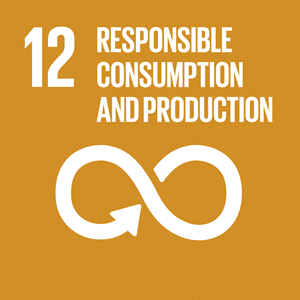
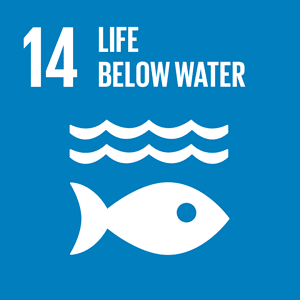
IMPLEMENTATION LEVEL
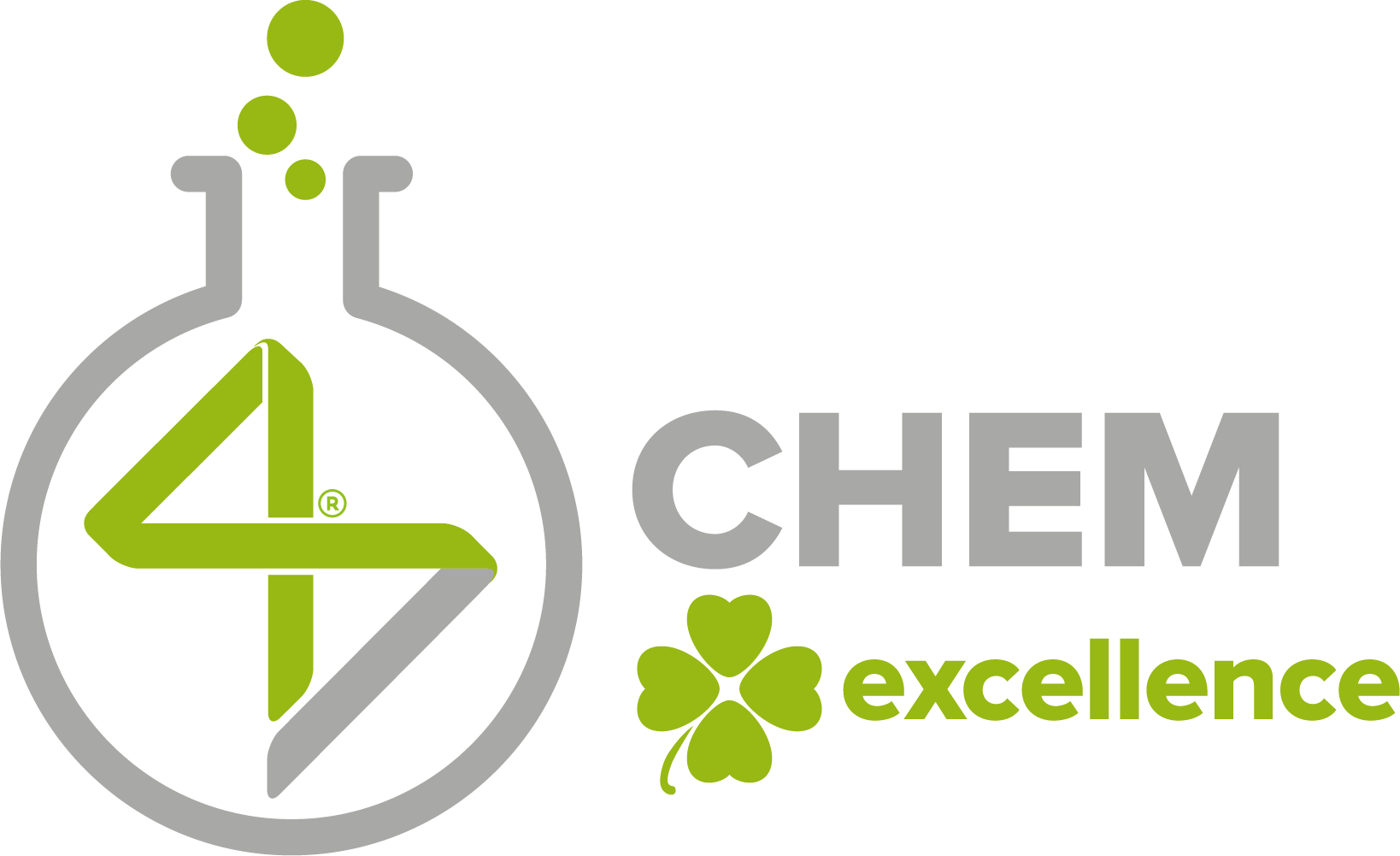
the implementation level is defined after the assurance process following the achievement of the protocol’s minimum requirements and is reviewed annually
The company has adopted the ZDHC MRSL for eliminating toxic and harmful chemicals from its processes and the 4S PRSL for raw material control. It has also implemented all the ZDHC CMS TIG requirements on internal and external processes.
87%
the percentage indicates the overall level reached through the implementation of 4s CHEM protocol requirements
ASSURANCE PROTOCOL
PRODUCTION VOLUMECOVERED BY MONITORED CHEMICAL INVENTORIES
100%
percentage of internal and external production volumes monitored through chemical inventory assessments
INTERNAL CHEMICAL INVENTORY EVALUATION
chemical inventory compliance percentages by self-declarations and by escalating ZDHC levels
WASTEWATER TESTING
ZDHC MRSL parameters following ZDHC Waste Waters Guidelines
wastewater compliance percentage; when in presence of “doesn’t meet requirements” slice, a Root Cause Analysis (RCA) has been performed and uploaded in ZDHC Gateway Waste Waters Module
PRODUCTION VOLUMECOVERED BY WASTEWATER TESTING
100%
percentage of internal and external production volumes whose wastewater has been tested following ZDHC Waste Waters Guidelines
